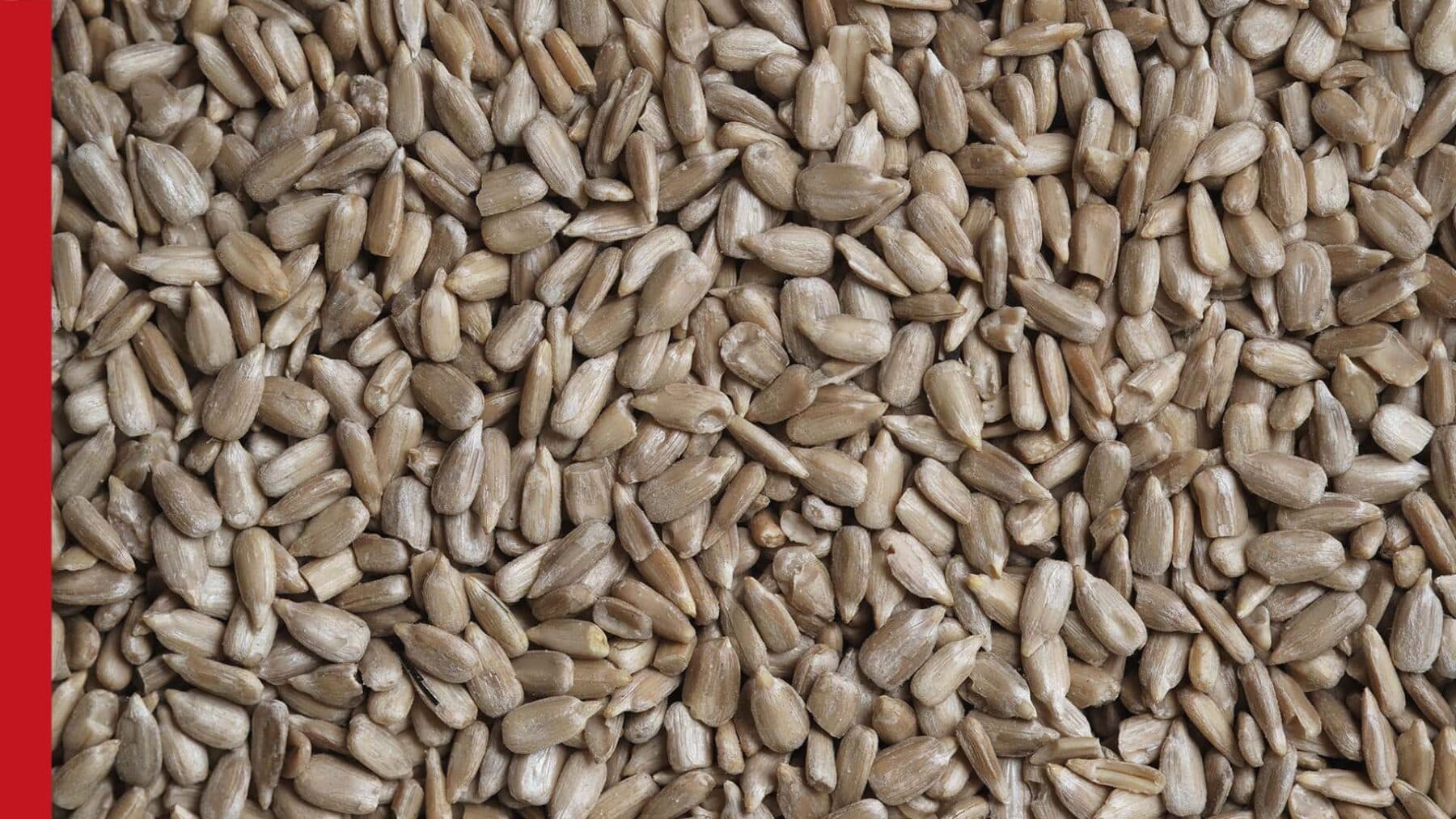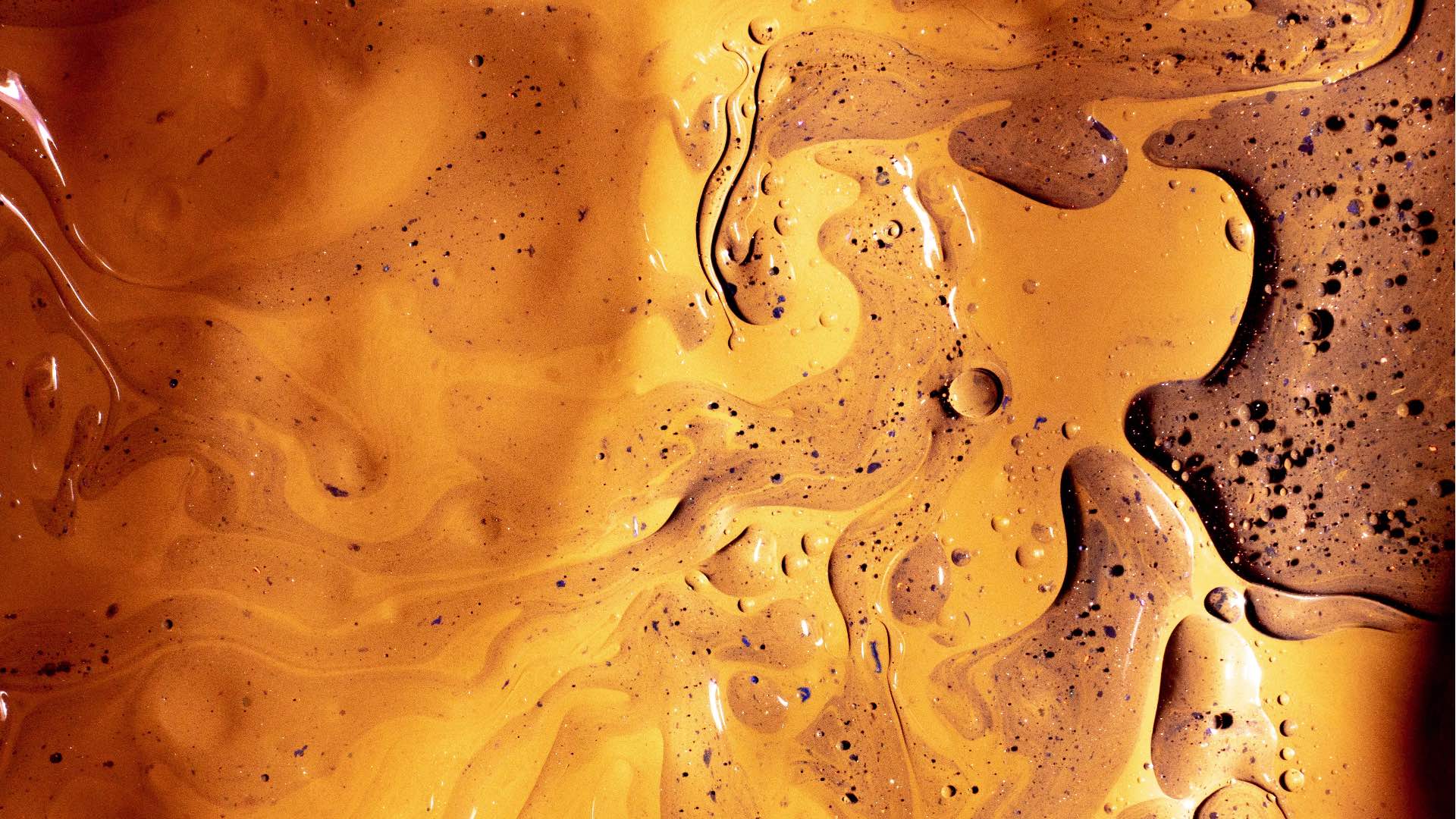If you go down the rabbit hole of health content, it’s only a matter of time before you find shocking news about a product you probably have in your pantry: seed oil.
These oils—made from plants like canola and corn—are cheap, versatile, and found everywhere from gourmet restaurants to fast food chains. They flew under the radar for decades, but now they’re being blamed for wrecking your metabolism, weakening your immune system, and producing dangerous levels of inflammation in your body.
A lot of the panic surrounding seed oils comes from internet influencers. Meanwhile, traditional healthcare providers say there’s no reason to demonize seed oils—some even say they’re even healthy.
In this article, we’ll add some nuance to this heated debate. Let’s start with the basics first.
What Are Seed Oils?
“Seed oil” is a general term for any oil extracted from the seeds of plants, rather than the fruit of plants (like olive oil). The term is also used to cover vegetable oils such as corn and soy, even though they don’t come from seeds.
Some of the most common types of seed oils include canola oil, sunflower oil, and grapeseed oil. These get put under the same umbrella because they’re all made by pressing the seeds of vegetables and they consist of three types of fatty acids:
- Monounsaturated fatty acids (MUFAs)
- Polyunsaturated fatty acids (PUFAs)
- Saturated fatty acids (SFAs)
Seed oils have a neutral taste and a high smoke point, making them ideal for industrial food manufacturing—but that’s where the problem begins.
The Seed Oil Controversy, Explained

There’s a growing contingent of anti-seed oil advocates across the globe. But one of the most popular has been Dr. Cate Shanahan: an LA-based physician, author, and (most recently) influencer.
In May 2020, Dr. Cate shared a blog post titled: The Hateful Eight: Enemy Fats That Destroy Your Health. She argued that seed oils—particularly ones high in PUFAs—are to blame for a range of health problems like fatty liver, diabetes, allergies, asthma, heart attacks, strokes, and complications from COVID-19.
The “hateful eight” seed oils, according to Dr. Cate, are:
- Rice bran
- Safflower
- Sunflower
- Corn
- Canola
- Cottonseed
- Soybean
- Grapeseed
“The average American gets 80% of their fat calories from seed oils, which are high in unstable fatty acids that break down into toxins when you cook with them and when you eat them for years and years,” she wrote. “This problem is pushed under the rug and nobody is talking about it. The American Heart Association wants to keep it that way.”
She goes on to note how the rise in seed oil consumption appears to correlate with the rise of diabetes and prediabetes. “Type 2 diabetes wasn’t common enough to be recognized as a disease, even among the obese, until we started eating seed oils,” she wrote. “Most metabolic disease is also related to excessive seed oil consumption.”
Dr. Cate’s theory went viral, and even earned her an appearance on Real Time With Bill Maher. Soon after, TikTok and Twitter were flooded with videos pleading with people to purge seed oils from their diets.
Keep in mind, this trend was happening in the midst of a global pandemic when people were hyper-aware of their health. But now that we’ve had time to zoom out and gain perspective, the link between seed oils and health problems appears blurry, at best.
Are Seed Oils Bad For You?
The claim that seed oils are bad for you is, for the most part, inaccurate. But like most health-related debates, the full answer is complicated.
It’s not seed oils specifically that cause health issues—it’s how we use them. For example, highly processed foods like packaged snacks, baked goods, and French fries use seed oils—but they’re also loaded with refined carbohydrates, sodium, and sugar.
“Sure, if you cut back on these foods, chances are you’re going to feel better,” says Guy Crosby, an adjunct associate of nutrition at Harvard T.H. Chan School of Public Health. “But these other components, not the seed oils themselves, are the culprit behind […] negative health outcomes.”
When used in small amounts, seed oils provide an essential source of omega-3 and omega-6 fatty acids, which may help lower cholesterol and regulate blood sugar. In other words, drizzling a little canola oil on your salad greens isn’t likely going to land you in the intensive care unit.
Further, a 2022 study suggested that prolonged or repeated heating of trans fatty acids to high temperatures (such as in restaurant deep fryers) may increase the risk of health issues. However, cooking with them at low temperatures and not reheating them (like you would at home) isn’t associated with the same risks.
It’s important to remember that all types of oil consist of 100% fat and are rich in calories—whether you buy organic olive oil or generic vegetable oil. Accordingly, they’re best consumed in moderation as part of a balanced diet.
The Science Behind Seed Oils Isn’t Settled (Yet)
There’s an abundance of clinical research to support the health benefits of olive oil, but the same can’t be said about seed oils right now. However, that doesn’t mean they deserve to be demonized as they have recently.
The current body of evidence suggests that seed oils don’t pose a health threat on their own. But frying them at high temperatures and combining them with refined sugars, carbs, and other fats may be a different story.
Regardless, if you’re looking to add healthy fats to your diet without the (potential) risks of seed oils, stick with whole nuts and seeds, or oils extracted from the fruits of plants like olive or coconut. This is an evolving topic that we will cover again in the future.
